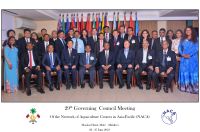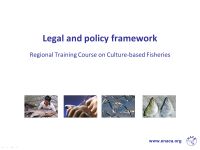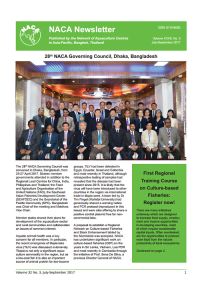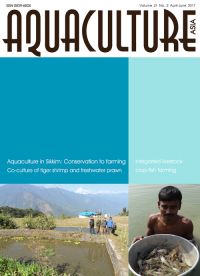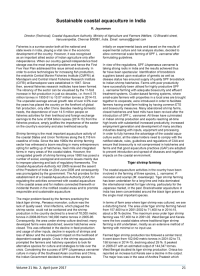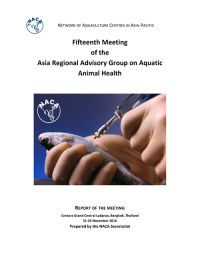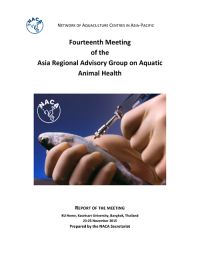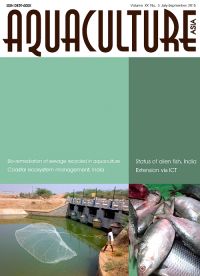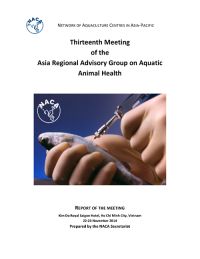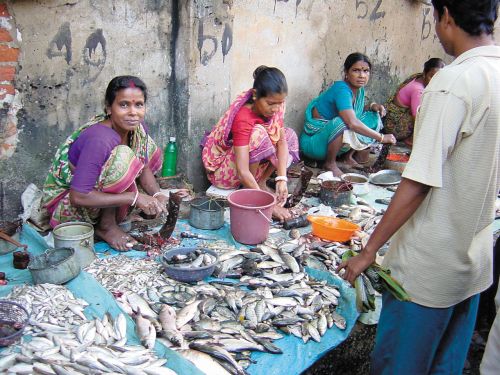
The Governance and Policy Programme supports the institutional and regulatory frameworks that underpin aquaculture development among NACA members. The programme focuses on enhancing governance structures, policy formulation on emerging and strategic issues, and implementation practices to ensure sustainable and effective aquaculture management.
The aim of the programme is to ensure that governance and policy frameworks are responsive to the needs of the aquaculture sector, promote sustainable development, meet the needs of rural communities, and are inclusive of women, youth, the elderly, and economically disadvantaged and marginalised groups.
Key activities
- Assessing governance needs: Identifying gaps and opportunities in governance and policy frameworks.
- Policy development support: Providing technical assistance and expertise to support the creation and implementation of inclusive and effective policies and regulations.
- Capacity building: Organising workshops, seminars, and policy dialogues to build the capacity of policymakers and stakeholders in governance and regulatory practices.
- Sharing best practices: Facilitating the exchange of best practices and experiences among members to improve governance and policy approaches.
- Regional collaboration: Coordinating with member governments, regional and international organisations to align policies and strategies with global standards and trends.
Creative Commons Attribution.

